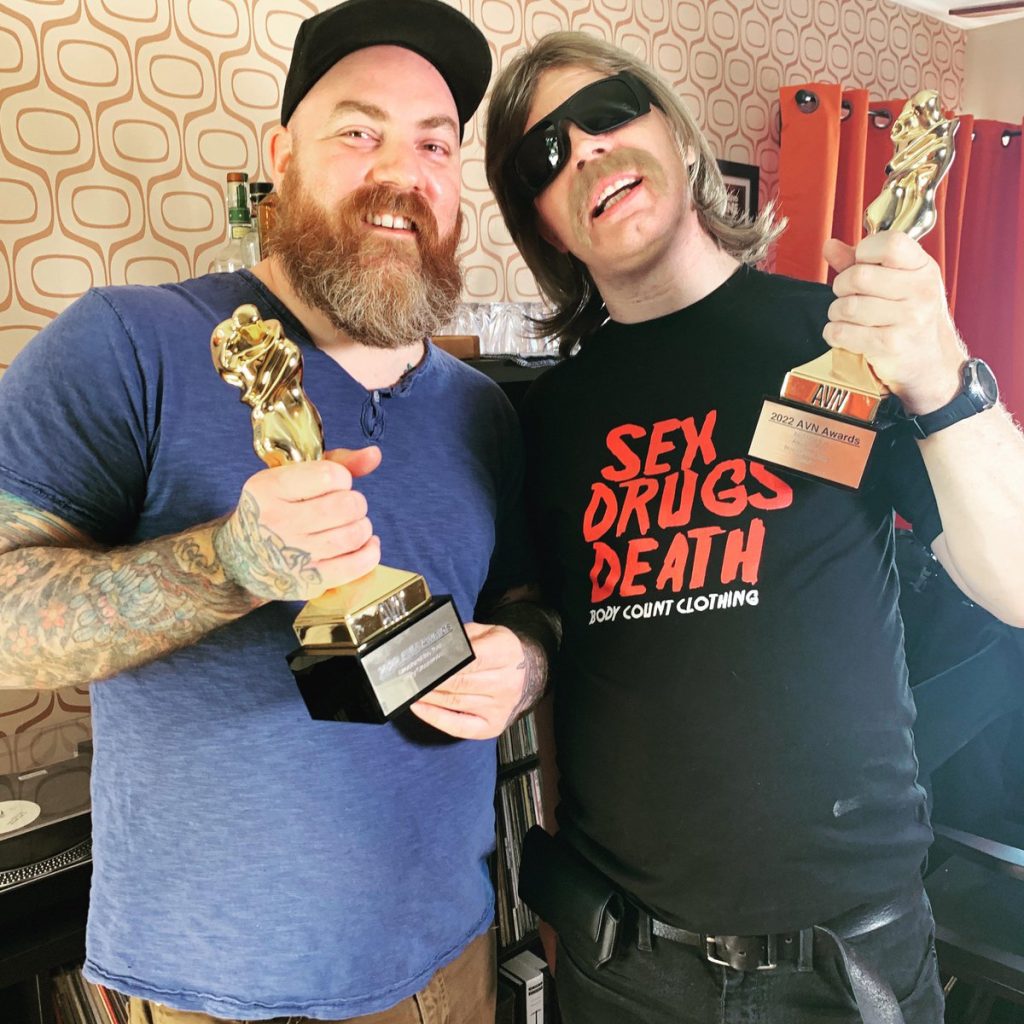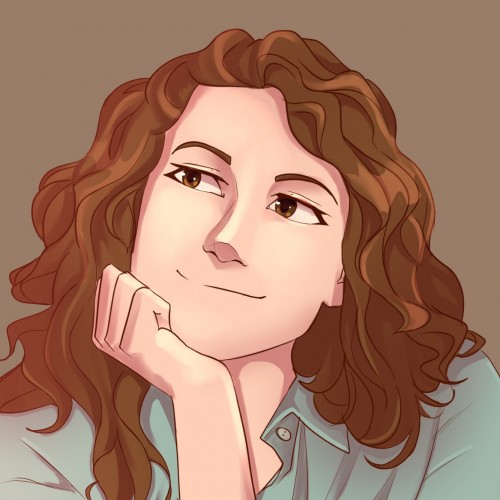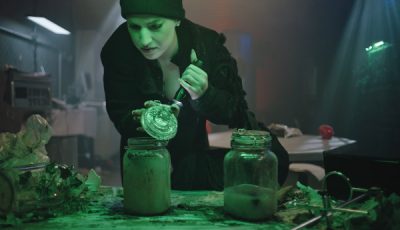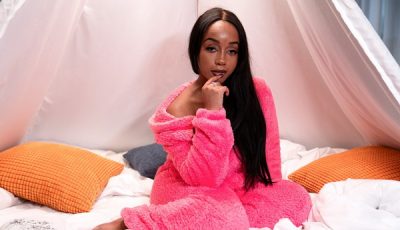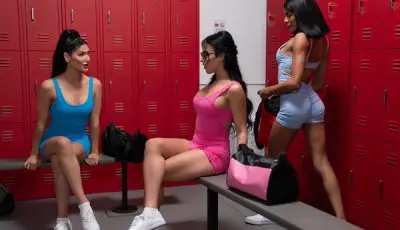Lights, Camera, Action! An Interview with Director Ricky Greenwood
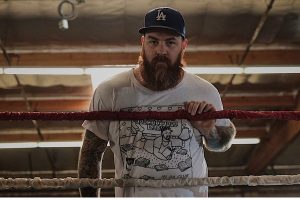 With over 200 films under his belt and more wins and nominations than you can count, French-Canadian Director Ricky Greenwood continues to churn out top notch work.
With over 200 films under his belt and more wins and nominations than you can count, French-Canadian Director Ricky Greenwood continues to churn out top notch work.
Some of his most popular movies this year alone include Adult Time’s Grinders, Dorcel’s One Night in Los Angeles, and the follow up to his film Sweet Sally Mae entitled Sally Mae 2.
If that weren’t enough, he’s got Revenge of the Twin Dragons coming out later this year all while still directing for MissaX, All Her Luv, Family Sinner, Transsensual, Icon Male, Girlsway, Marc Dorcel, and Adult Time.
Incredibly busy, this in-demand director took time to sit down with YNOT to share his secret sauce for making a good film, how he runs a set, where he gets his story ideas and more.
How did you get your start?
I got into it through a friend and never left. Originally, I was working in mainstream and when my contract ended, I had a friend who was editing porn who said they were looking for a production manager. I decided to do it. Part of the job was helping them come up with concepts. When I got into it, I didn’t like their ideas, so my boss said, if you think you can do better, go off and do it. And so, I did!
How does working in the adult industry differ from working in the mainstream?
It’s very similar in certain ways, and different in others.
My set is run the same way as a mainstream set is run, crew, breaks, etc. But the technical side is run differently. For example, before I entered the adult industry, I had never directed a sex scene before. You have to learn that it’s a different way to shoot to make it work. You have to understand fantasy, and you have to understand what the audience wants.
Sometimes I’ll say “no” to a project because I don’t understand the kink, and because I don’t understand it, I don’t know how to make it look good. That’s not to say I don’t take on new things – I do, but what I’m trying to say is that each type of porn has a different way to shoot, and you have to prepared for a learning curve and know which jobs you are right for because they are specific.
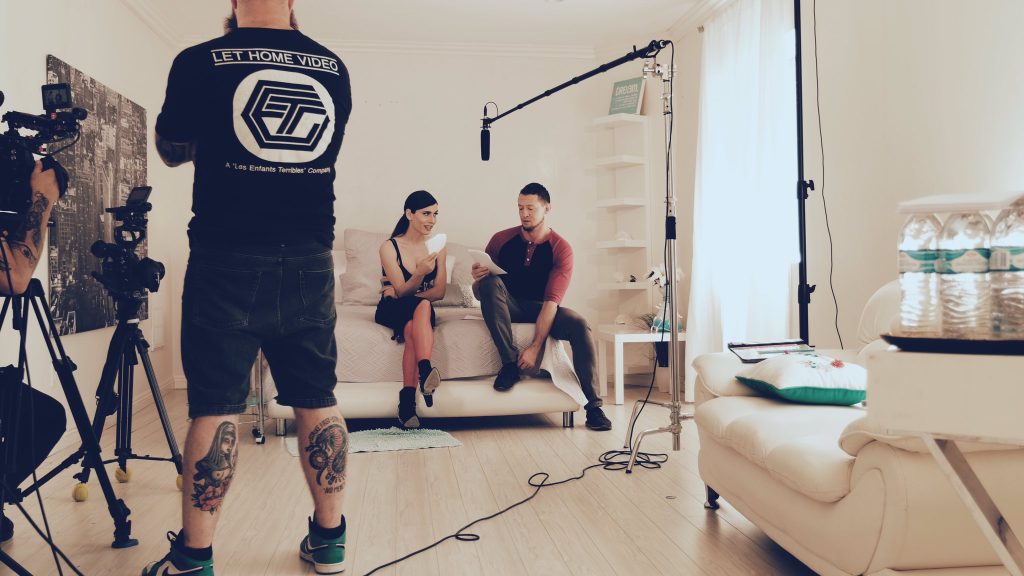
You’re known for your story-driven feature films, how do you come up with your concepts and where does your inspiration come from?
It depends, sometimes it just comes to me when I’m driving or in the shower. And then sometimes I get inspired when I watch other movies. I will take a scene or that moment and recreate it in a different way. Other times I think of things I like or wish I could see.
What techniques do you use on set to make actors feel comfortable?
My crew and I are like family, we laugh a lot, we don’t take anything seriously and we don’t put pressure on people which helps relax the whole set. If someone makes a mistake, I’m not yelling at them, I just ask them to do it again. If something didn’t work out, we figure out how to do it differently. I have a calm set and we have fun.
We also discuss all the boundaries before a scene, to make sure people are comfortable and know that they are ultimately in charge. Even though I’m the director, if they’re acting and it doesn’t feel right – they can say cut. Another thing that makes my set a safe place is I have females and males on my crew. So, if you don’t feel comfortable talking to a male about something you can go to a female.
At the end of the day, we’re not saving lives, we’re making a movie!
What is your secret to making a great film?
Chemistry. It’s a mix of understanding what you’re shooting and chemistry.
You have to cast the right people and they need to understand what they’re shooting – the emotion, the kink, whatever it is. Sometimes the studio will want a scene that’s dominant but give me two submissive women, it will not work. You need to cast correctly and pair them so there’s chemistry. When you have all of that together it works.
You can fake it but at end of day the audience will probably know you’ve faked it.
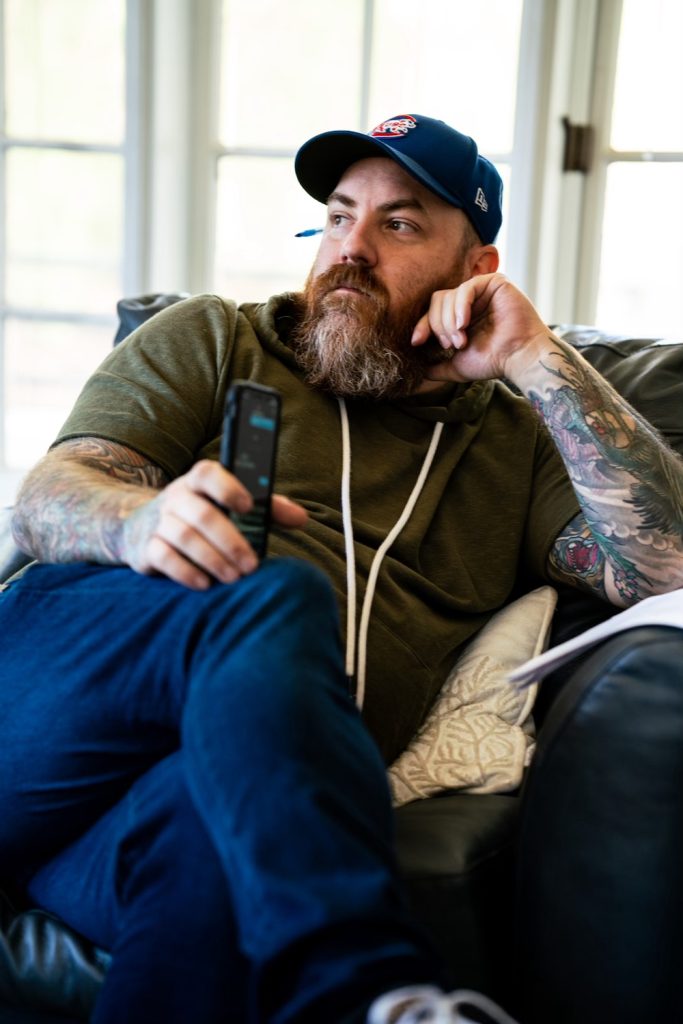
What do you wish people in the mainstream entertainment industry would understand about the adult industry?
I wish they knew that there are very talented people in the industry.
There’s this idea that people in porn are washed-up talent who didn’t make it in the mainstream or that they’re just there to make easy money. It’s not that. There’s a lot of talent and reasons why people do it.
For me, I don’t do mainstream because I don’t want to wait six years to do a movie. The porn film industry is fast and creative, I love the pacing of adult. If I have an idea for a movie, I can call the studio and we’ll be shooting three months later. If it was mainstream, it would be years later. That speed suits my creativity. If you look at my IMDb I have 200 movies in the last 5 years, my mainstream buddies will have one or two if they’re lucky.
How did you get involved with The Sidewalk Project which has been a charity you’ve supported now two years in a row?
I knew a porn actor who was involved with the organization who told me about it.
In porn we have a lot of props, so it started with me donating some items to them. It then grew into partnering with them because I believe in what they do. One Christmas I made the movie The Bargain and all the money we made (around 6K) went to them. This year, we decided to throw a party at Dragonfly.
You’ve done a lot of horror over the years – what is it that you love about the genre and how does it fit in with your adult industry work?
It doesn’t, I still like to do it though because it’s a genre that I grew up with and love.
In the industry it’s difficult to mix porn with horror. It’s such a niche and not a lot of people want to jerk off and get scared. There are ideas I have though. One is about a woman with a monster in her vagina and it’s never fed enough – so we’ll see what happens with that.
You write, direct, produce, edit, do cinematography, art direction and probably a slew of other things. How did you learn all these skills and what is your favorite?
These days I don’t have time to do all of it, but I like to direct the most though I do like writing and editing too. I’m not crazy about cinematography, but you must learn it all to be a good director.
The way I learned was making short films and having no budget. You have to wear many hats.
Where do you hope to be five years from now?
I hope to be in a place to do the movies I want to do without struggling to get people to make them. The dream is to be independent, making whatever you want having freedom to choose the talent, the story, the crew… and the money to do it with.
Find and follow Ricky on his Twitter @RickyGreenwoodX, and Instagram @x_ricky_greenwood_x.
